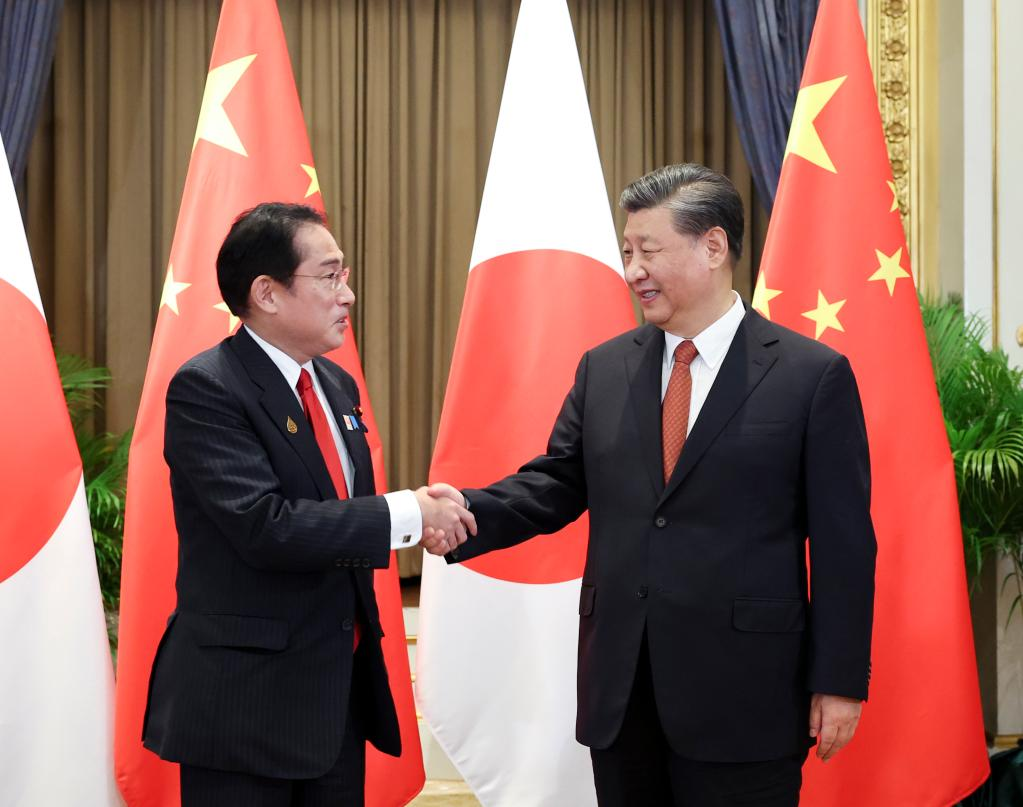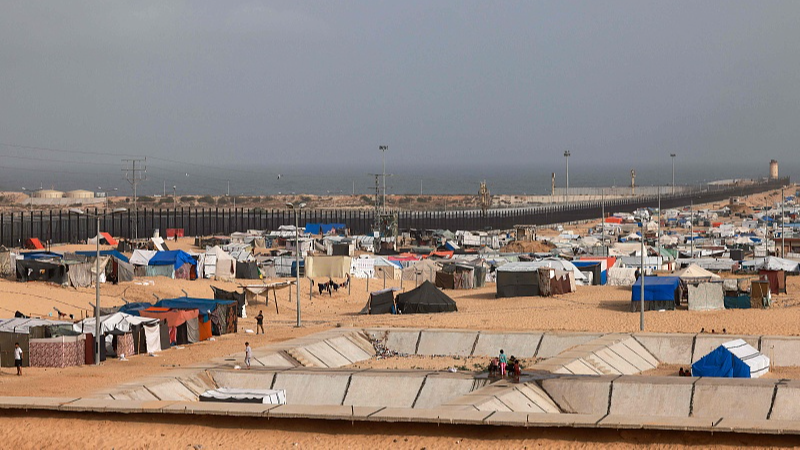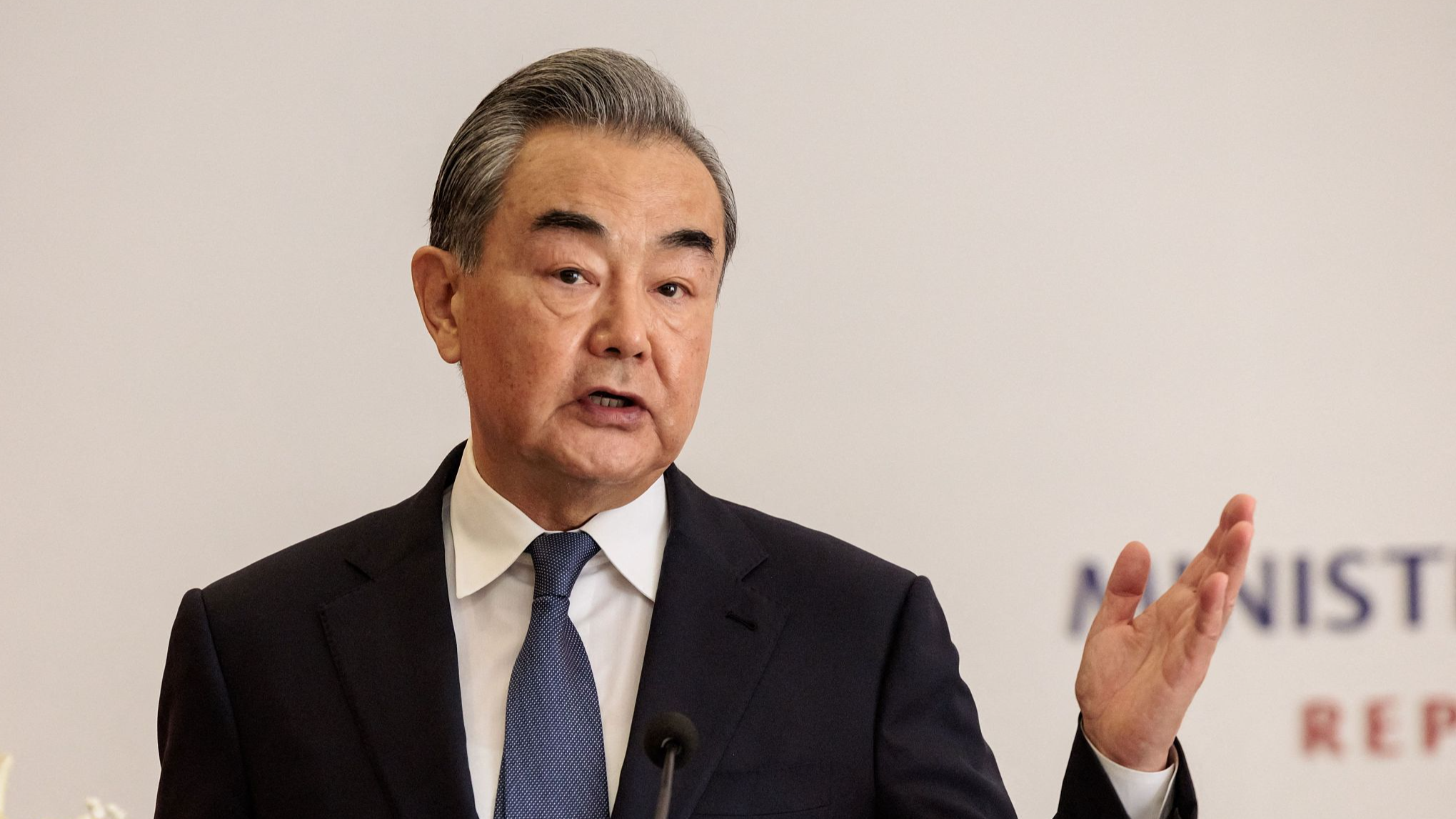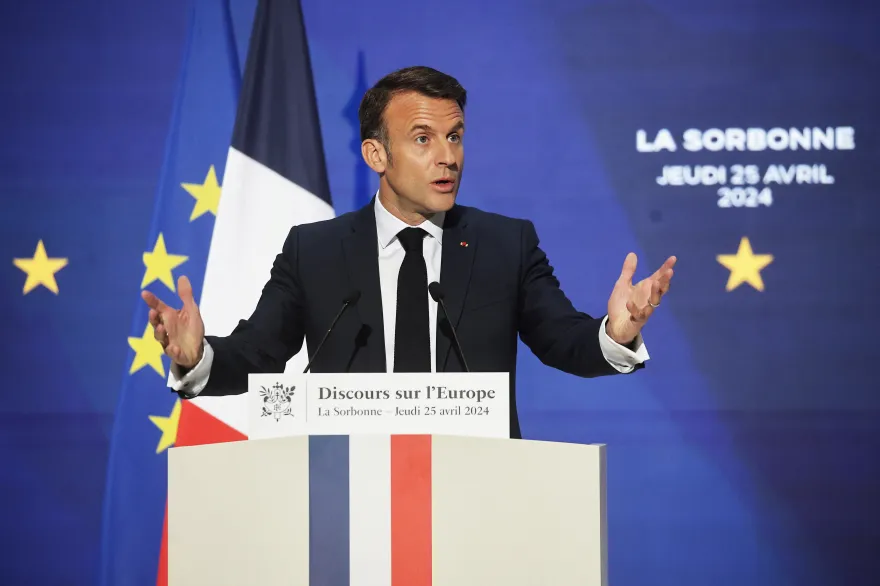BEIJING – President Xi Jinping returned to China on Saturday evening from a six-day trip, during which he attended the 17th Group of 20 (G20) Summit and the 29th Asia-Pacific Economic Cooperation (APEC) Economic Leaders’ Meeting, and paid a visit to Thailand.
After the successful launch of the 20th National Congress of the Communist Party of China (CPC), China’s major-country diplomacy embarked on a new journey, said Wang Yi, a member of the Political Bureau of the CPC Central Committee, state councilor and foreign minister of China.
During his six-day trip, Xi participated in more than 30 events, which has sent out a loud voice for promoting global development and leading global governance, demonstrating China’s role as a rational, confident and responsible major country, Wang said.
While addressing multilateral meetings and talking with leaders of other countries, Xi elaborated on the 20th CPC National Congress, Chinese modernization, win-win cooperation between China and the rest of the world, and championed bright prospects of China’s high-quality development and high-standard opening up, sending a strong signal that China will always advance world peace and development and deepen opening up and cooperation with other countries, Wang said.
The G20 summit has brought together world and regional major countries and is also a platform for international economic cooperation, Wang said.
At the summit, Xi called on all countries to embrace the vision of building a human community with a shared future, and to advocate peace, development and win-win cooperation, so as to replace division with unity, confrontation with cooperation and exclusion with inclusiveness, and make global development more inclusive and beneficial to all and more resilient.
Xi noted that modernization is not a privilege reserved for any single country, and frontrunners in development should sincerely help others develop, Wang said.
The Chinese president proposed building a global partnership for economic recovery and the International Cooperation Initiative on Global Food Security, and supported the African Union (AU) in joining the G20, showing that Xi has always cared for developing countries and stayed committed to the vision that “development is real only when all countries develop together” in diplomatic actions, which has received warm responses from developing countries, Wang said.
APEC is the most important platform for economic cooperation in the Asia-Pacific, Wang said.
Wang said that Xi wisely summarized the successful experience of Asia-Pacific economic cooperation, underlining that the Asia-Pacific is no one’s backyard and should not become an arena for big power contest. The Chinese president said no attempt to wage a new Cold War will ever be allowed by the people or by the times.
Wang said Xi called for building an Asia-Pacific community with a shared future that is peaceful, stable, clean and beautiful, a region where all are ready to help each other and that brings prosperity for all.
Xi also elaborated on the six points to promote Asia-Pacific cooperation facing new developments, including bolstering the foundation for peaceful development, taking a people-centered development approach, pursuing higher-level opening-up, striving for higher-standard connectivity, building stable and unimpeded industrial and supply chains, and promoting economic upgrading.
Wang said Xi announced that China is considering holding the third Belt and Road Forum for International Cooperation next year to provide fresh impetus for the development and prosperity of the Asia-Pacific and the world.
Xi held face-to-face meeting with US President Joe Biden in Bali, where they had a candid and in-depth exchange of views on issues of importance in China-US relations and in world peace and development, Wang said, adding that the meeting was constructive and strategic. It was the first face-to-face meeting between the heads of state of the two countries over the past three years, particularly since the COVID-19 outbreak.
Wang said Xi stressed that China-US relations should be viewed and handled from the perspective of grasping the general trend of the world, abandon the zero-sum mentality of “you lose, I win,” and “you rise and I fall,” and set a tone of exchanges featuring dialogue rather than confrontation and win-win rather than zero-sum relations.
The two sides should uphold the principles of mutual respect, peaceful coexistence and win-win cooperation to jointly ensure that bilateral relations will stay on the right course without deviating, stalling, not to mention colliding, he added.
In response to the erroneous words and deeds made recently by the US side concerning the Taiwan question and to make clear where the red lines are for China-US relations, Xi gave a full account of the origin of the Taiwan question and China’s principled position, stressing that the Taiwan question is at the very core of China’s core interests, the bedrock of the political foundation of China-US relations, and the first red line that can not be crossed in China-US relations.
Wang said that Xi urged the US side to match its words with action, abide by its commitment of “five noes” (i.e., not seek a new Cold War; not seek to change China’s system; the revitalization of its alliances is not against China; not support “Taiwan independence”; not look for conflict with China).
Biden said that a stable and prosperous China is good for the United States and the world. The United States and China have a shared responsibility to show the world that they can manage their differences, and avoid misperceptions or fierce competition from veering into confrontation or conflict, Wang added.
The US side reiterated its “five noes” commitment, and went on to state that the US side does not support “two Chinas” or “one China, one Taiwan,” does not seek to use the Taiwan question as a tool to contain China, and has no intention to seek “de-coupling” from China, to halt China’s economic development, or to contain China.
The trip to Indonesia is Xi’s first overseas visit since the 20th CPC National Congress, reflecting the high-level and special feature of China-Indonesia relations, said Wang.
After a meeting between Xi and Indonesian President Joko Widodo, the two countries released a joint statement, signed the new five-year Plan of Action for Strengthening the Comprehensive Strategic Partnership between China and Indonesia and forged important consensus on striving towards building a China-Indonesia community with a shared future, Wang said.
The two leaders also witnessed the trial operation of the Jakarta-Bandung High-Speed Railway, which will cut travel time between Jakarta and Bandung to 40 minutes from more than three hours, he added.
During Xi’s visit to Thailand, the first since he became Chinese president, he met with Thailand’s King Maha Vajiralongkorn Phra Vajiraklaochaoyuhua and Prime Minister Prayut Chan-o-cha, respectively.
The two sides agreed to build a more stable, prosperous and sustainable China-Thailand community with a shared future, adding new dimensions to their family-like relations.
During the 17th G20 Summit and the 29th APEC Economic Leaders’ Meeting, Xi met with leaders of various countries and international organizations. In response to their concern about the Ukraine crisis, Xi reiterated “the four points” about what must be done and “the four things” the international community must do together in response to the situation in Ukraine, Wang said.
The Chinese president also shared three important thoughts: First, conflicts and wars produce no winner; second, there is no simple solution to a complex issue; and third, confrontation between major countries must be avoided, he added.
Underlining that China will continue to make objective and fair judgments based on the merits of the issue itself, Xi said China has all along stood on the side of peace and will continue to promote peace talks.
During Xi’s trip, the Chinese foreign minister said, Professor Peng Liyuan, Xi’s wife, participated in a series of activities together with the spouses of other leaders and representatives attending the G20 summit and the APEC meeting, which has played a unique and positive role in boosting China’s international image.
Xi’s visit has effectively enhanced China’s international influence and discourse, Wang said.

 News4 days ago
News4 days ago
 News4 days ago
News4 days ago
 News6 days ago
News6 days ago
 News4 days ago
News4 days ago
 News5 days ago
News5 days ago
 News6 days ago
News6 days ago
 Travel & Culture7 days ago
Travel & Culture7 days ago
 Sports6 days ago
Sports6 days ago
























